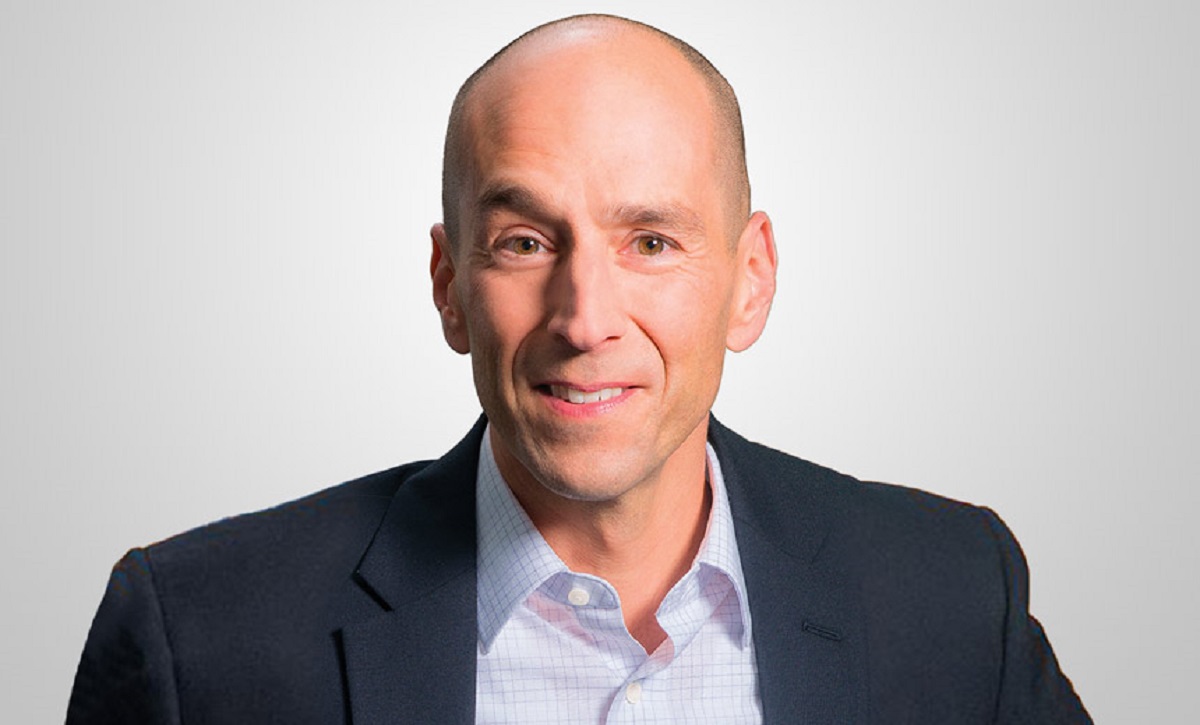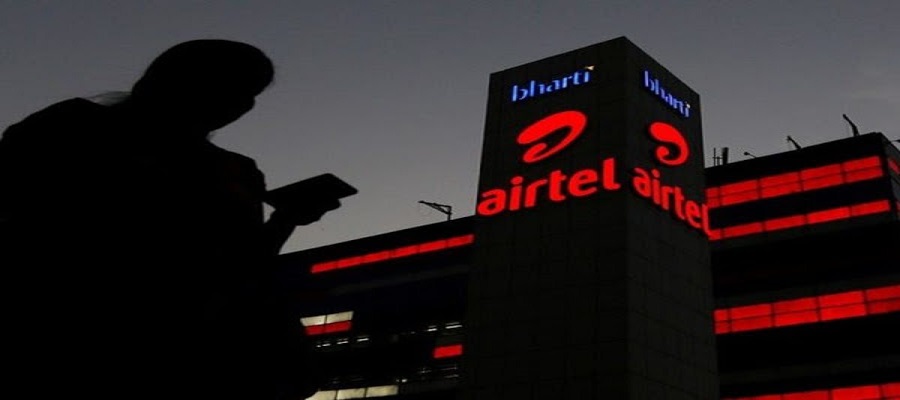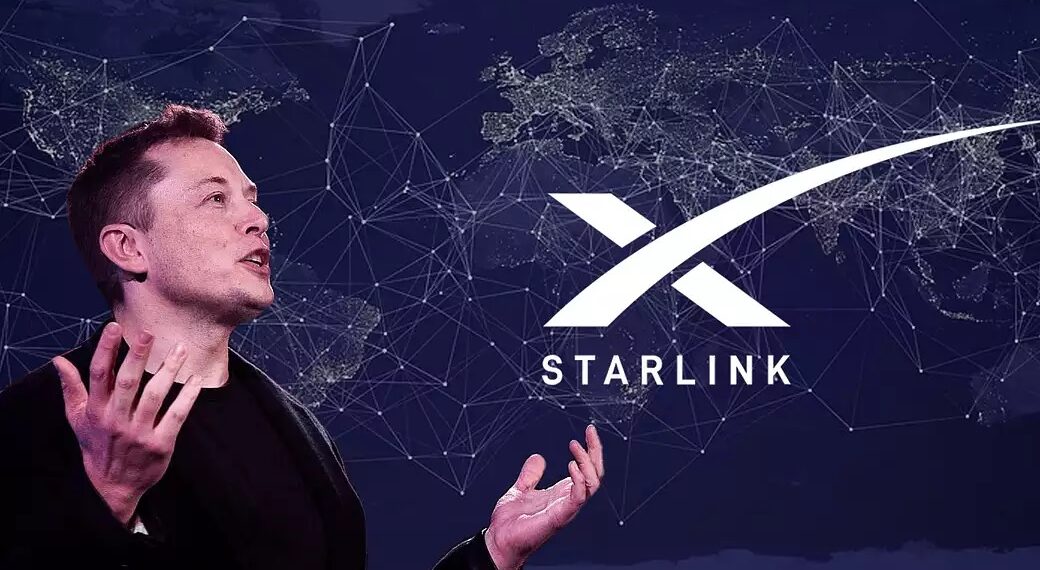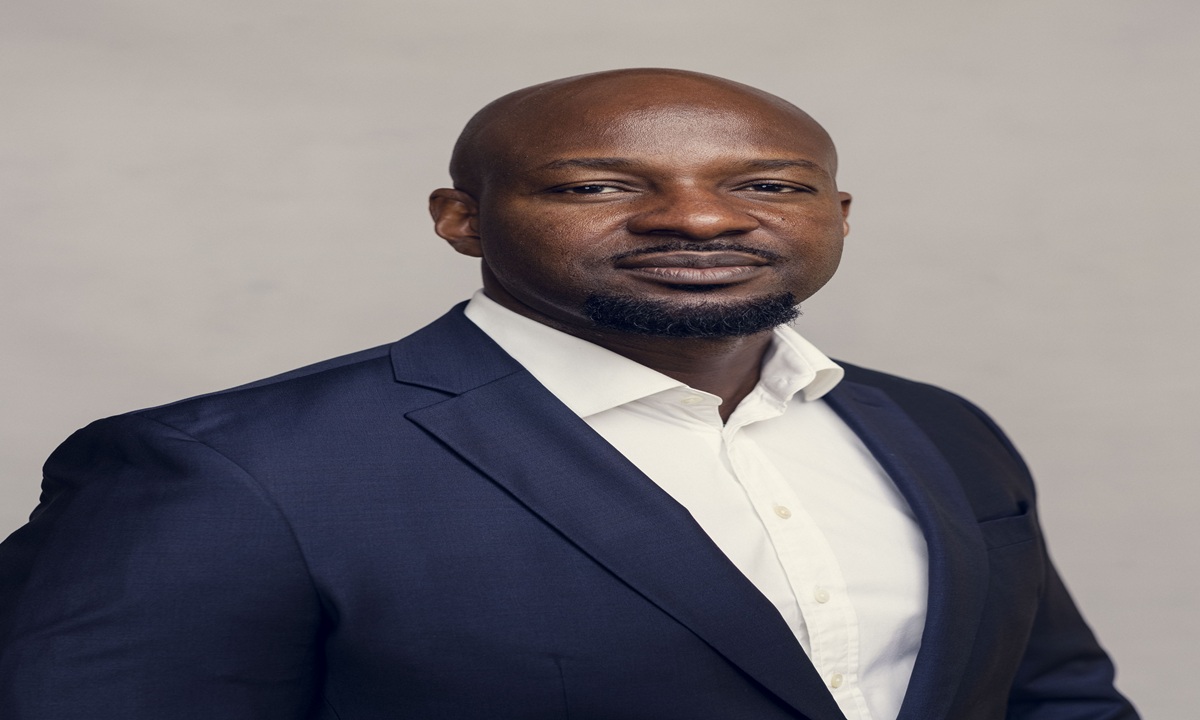Telecom
Sophos Launches Sophos X-Ops to Help Organizations Better Defend Against Complex Cyberattacks

Sophos, a global leader in next-generation cybersecurity, has announced Sophos X-Ops, a new cross-operational unit linking SophosLabs, Sophos SecOps and Sophos AI, three established teams of cybersecurity experts at Sophos, to help organizations better defend against constantly changing and increasingly complex cyberattacks.

Sophos X-Ops leverages the predictive, real-time, real-world, and deeply researched threat intelligence from each group, which, in turn, collaborate to deliver stronger, more innovative protection, detection and response capabilities.
Sophos today is also issuing “OODA: Sophos X-Ops Takes on Burgeoning SQL Server Attacks,” research about increased attacks against unpatched Microsoft SQL servers and how attackers used a fake downloading site and grey-market remote access tools to distribute multiple ransomware families.
Sophos X-Ops identified and thwarted the attacks because the Sophos X-Ops teams combined their respective knowledge of the incidents, jointly analyzed them, and took action to quickly contain and neutralize the adversaries.
“Modern cybersecurity is becoming a highly interactive team sport, and as the industry has matured, necessary analysis, engineering and investigative specializations have emerged. Scalable end-to-end operations now need to include software developers, automation engineers, malware analysts, reverse engineers, cloud infrastructure engineers, incident responders, data engineers and scientists, and numerous other experts, and they need an organizational structure that avoids silos,” said Joe Levy, chief technology and product officer, Sophos.
“We’ve unified three globally recognized and mature teams within Sophos to provide this breadth of critical, subject matter and process expertise.
“Joined together as Sophos X-Ops, they can leverage the strengths of each other, including analysis of worldwide telemetry from more than 500,000 customers, industry-leading threat hunting, response and remediation capabilities, and rigorous artificial intelligence to measurably improve threat detection and response.
“Attackers are often too organized and too advanced to combat without the unique combined expertise and operational efficiency of a joint task force like Sophos X-Ops.”

Speaking in March 2022 to the Detroit Economic Club about the FBI partnering with the private sector to counter the cyber threat, FBI Director Christopher Wray said, “What partnership lets us do is hit our adversaries at every point, from the victims’ networks back all the way to the hackers’ own computers, because when it comes to the FBI’s cyber strategy, we know trying to stand in the goal and block shots isn’t going to get the job done.
“We’re disrupting three things: the threat actors, their infrastructure and their money. And we have the most durable impact when we work with all of our partners to disrupt all three together.” Sophos X-Ops is taking a similar approach: gathering and operating on threat intelligence from its own multidisciplinary groups to help stop attackers earlier, preventing or minimizing the harms of ransomware, espionage or other cybercrimes that can befall organizations of all types and sizes, and working with law enforcement to neutralize attacker infrastructure.
“While Sophos’ internal teams already share information as a matter of course, the formal creation of Sophos X-Ops drives forward a faster, more streamlined process necessary to counter equally fast-moving adversaries.
“Effective cybersecurity requires robust collaboration at all levels, both internally and externally; it is the only way to discover, analyze and counter malicious cyber actors at speed at scale.
“Combining these separate teams into Sophos X-Ops shows that Sophos understands this principle and is acting on it,” said Michael Daniel, president and CEO, Cyber Threat Alliance.
Sophos X-Ops also provides a stronger cross-operational foundation for innovation, an essential component of cybersecurity due to the aggressive advancements in organized cybercrime. By intertwining the expertise of each group, Sophos is pioneering the concept of an artificial intelligence (AI) assisted Security Operations Center (SOC), which anticipates the intentions of security analysts and provides relevant defensive actions.
In the SOC of the future, Sophos believes this approach will dramatically accelerate security workflows and the ability to more quickly detect and respond to novel and priority indicators of compromise.
“The adversary community has figured out how to work together to commoditize certain parts of attacks while simultaneously creating new ways to evade detection and taking advantage of weaknesses in any software to mass exploit it.
“The Sophos X-Ops umbrella is a noted example of stealing a page from the cyber miscreants’ tactics by allowing cross-collaboration amongst different internal threat intelligence groups,” said Craig Robinson, IDC research vice president, Security Services.
“Combining the ability to cut across a wide breadth of threat intelligence expertise with AI assisted features in the SOC allows organizations to better predict and prepare for imminent and future attacks.”
To learn more about Sophos X-Ops and its groundbreaking threat research, subscribe to the Sophos X-Ops blogs and follow Sophos X-Ops on Twitter.
Telecom
Airtel AI Blocks 84 Percent of Spam SMS in Nigeria

Nigeria has recorded an 84 Percent decline in spam SMS after Airtel Africa deployed its Artificial Intelligence-powered spam detection tool, Spam Alert.

According to Airtel, the free service has flagged over 205 million fraudulent and unsolicited messages across 13 African markets within six months.
Nigeria registered the sharpest decline, while Kenya recorded the highest flagged spam volume with 68 million messages, followed by Tanzania with 47 million and Zambia with 33 million.
Spam Alert prefixes suspicious SMS with “SPAM Alert,” providing users with real-time protection against phishing scams and nuisance texts without requiring extra applications.
Sunil Taldar, CEO, Airtel Africa, said the solution demonstrates the company’s commitment to tackling digital fraud as smartphone penetration expands across Africa.
Currently active in 13 of Airtel’s 14 markets, including Nigeria, Uganda, Zambia, and Tanzania, the service has cut overall spam SMS by 12% across the continent. Seychelles will join soon, Airtel confirmed.
In Nigeria, Airtel reported that between March 13 and May 20, 2025, the system intercepted more than 9.6 million suspicious messages, of which over 9.1 million originated from off-network sources. T
he AI-powered system scans all SMS in real-time using 250 parameters, including sender identity, link structure, and regional anomalies, processing each message in under two milliseconds without storing content.
The Nigerian Communications Commission (NCC) welcomed the innovation.
Dr. Aminu Maida, executive vice chairman, said the initiative strengthens consumer protection at a time when spam and fraud are growing more sophisticated. He stressed the need for more collaboration between operators and regulators to reduce digital risks.
The NCC’s 2023 Industry Risk Report had ranked phishing and bulk unsolicited messaging among the top threats facing subscribers, especially in rural areas and among first-time smartphone users.
Airtel’s initiative is expected to ease these concerns by reinforcing trust in mobile communications.
General News
Why Elon Musk Halted Sales of Starlink in Lagos, Abuja

Starlink, the satellite internet provider operated by Elon Musk’s SpaceX, has stopped taking new orders for residential kits in parts of Lagos and in Abuja after network capacity was reached, the company’s online ordering page shows.

Neighborhoods listed as sold out include Victoria Island, Ikoyi, Lagos Island and Surulere.
Prospective customers in those areas can join a wait list by paying a deposit and will be notified when service space opens.
At Chevyville Estate in Lekki, one resident trying to subscribe was met with a message that read: “Starlink service is currently at capacity in your area. However, you can place a deposit now to reserve your spot on the waitlist and receive a notification as soon as service becomes available again.”
That experience mirrors what consumers in other busy districts are seeing.
A Starlink engineer who spoke on condition of anonymity to discuss internal limits said the company temporarily closes new sales in zones where adding customers would degrade service for existing users.
“It happens when the area cannot take a new customer due to its designed capacity at the time,” the engineer said.
“This also helps preserve a steady connection for people already online.” Remedies can include adding more ground infrastructure, securing regulatory clearances, or expanding satellite coverage.
Since entering Nigeria, Starlink’s monthly fee has climbed: the service began at about N38,000 (roughly $25), rose to about N45,000 ($30) and — by 2025 — was charging roughly N56,000 ($37).
Starlink has cited naira depreciation, higher operating expenses and costs tied to meeting rules set by the Nigerian Communications Commission for the increases.
Those higher prices, and the service interruptions, appear to have affected subscription numbers. After a near eight-month pause that began in November 2024 and was tied to limited bandwidth and regulatory issues, orders resumed in late June 2025.
Still, data from the NCC show active Starlink users in Nigeria fell from 65,564 in the fourth quarter of 2024 to 59,509 in the first quarter of 2025, a decline of more than 6,000 users, or about 9 percent.
Analysts point to the price rises, service holds and economic pressure as key reasons for the drop; some customers have switched to cheaper alternatives or stopped service.
As Elon Musk maintains his position as the world’s richest individual, with a net worth of $429 billion (according to the Bloomberg Billionaires Index), his commitment to global digital inclusion through Starlink remains a central focus.
Starlink’s activity in Nigeria is part of a wider push across Africa.
The company has recently moved to enter markets including Lesotho and Somalia and secured permission to operate in the Democratic Republic of Congo after earlier restrictions,
SpaceX is also working with operators such as Airtel Africa to reach rural areas where wired internet is scarce.
For many users in Nigeria, the appeal of Starlink remains clear: a reliable option where terrestrial networks falter.
But until the company expands capacity or adjusts pricing, consumers in dense urban pockets may have to wait for access or turn to other providers.
Credit excluding Headline: Pm News
Telecom
Google Expands Digital Infrastructure with Four New Subsea Cable Hubs and $9m AI Fund for Africa

Google has announced a new set of investments in Africa, reaffirming its nearly two-decade commitment to the continent’s digital transformation.

The latest commitments focus on empowering Africa’s next generation through AI, unlocking opportunities and expanding on the innovation capacity of young Africans. They cover internet connectivity; youth-led learning and innovation; and skills training.
Connectivity
Google is announcing four strategic subsea cable connectivity hubs in the north, south, east and west regions of Africa. This investment creates new digital corridors within Africa and between Africa and the rest of the world – ultimately deepening international connectivity and resilience, as well as spurring economic growth and opportunity.
This is the latest addition to Google’s Africa Connect infrastructure program, which sees the company build vital connectivity across the continent: including the Google Cloud region in Johannesburg serving users across the continent, the Equiano cable running along the entire western seaboard of the continent, and Umoja, the first fiber optic route to directly connect Africa with Australia (running through Kenya, Uganda, Rwanda, Democratic Republic of the Congo, Zambia, Zimbabwe and South Africa).
Google’s investments to date have enabled 100 million Africans to access the internet for the first time, and the Equiano cable alone is expected to increase real GDP this year in Nigeria, South Africa and Namibia by an estimated $11.1 billion, $5.8 billion and $290 million, respectively.
Youth-led learning and innovation
Enabling Africa’s young people to learn, innovate and lead is critical to Africa’s development and economic growth. That’s why Google is today also announcing free one-year subscriptions to Google AI Pro plan for college students (18 or older) across the continent – starting with Egypt, Ghana, Kenya, Morocco, Nigeria, South Africa, Rwanda and Zimbabwe. The subscription provides advanced AI to students – from Deep Research, which helps save time with custom research reports and in-depth information from hundreds of sources across the web, to Gemini 2.5 Pro, which provides help with assignments or writing.
Building skills and solutions
Equipping people with AI skills is critical. To date, Google has trained 7 million Africans and plans to train an additional 3 million students, young people, and teachers by 2030. Google is also bolstering local capacity by providing African universities and research institutions with over $17 million in funding, curriculum, training and compute and access to advanced AI models over the past four years – with an additional $9 million planned for the coming year.
On the announcements, Alex Okosi, Managing Director for Google in Africa, said: “Africa’s digital economy holds immense potential, and it will be driven by the talent and ingenuity of its next generation. Today’s announcements, spanning AI education, advanced tools for students, and expanded connectivity, are a unified investment into the upward trajectory of the continent.
“We are committed to providing the foundational infrastructure, the cutting-edge tools, and the financial support necessary for Africa’s youth to innovate, lead, and build a thriving digital world.”
Google’s long term partnership
These announcements are the latest chapter in Google’s long-term investment in the continent, which has delivered on $1 billion of investment. Google’s sustained commitment to Africa has included driving connectivity; training more than 7 million people across the continent in digital skills to support the future workforce; and supporting 153 startups from 17 African nations through the Google for Startups Accelerator Africa, helping them raise $300 million and create 3,500 jobs.
AI creates an unprecedented opportunity to benefit everyone, and Google is committed to making that a reality for people, businesses and communities across Africa. Today’s announcements are another example of how Google is continuing to expand connectivity, increase product access and skills across the continent and enable African-led innovation – with more to come.

 E-Financial3 days ago
E-Financial3 days agoFidelity Bank Extends GAIM 6 Promo, Boosts Total Cash Rewards to ₦189m

 E-Financial2 days ago
E-Financial2 days agoFCMB Partners Truecaller to Reinforce Customer Communication, Trust

 News2 days ago
News2 days agoAfDB Approves Equity Investment in The Currency Exchange Fund to Support Access to Local Currency Financing Across Africa

 E-Financial2 days ago
E-Financial2 days agoDon’t Spray, Mutilate Naira – CBN

 General News2 days ago
General News2 days agoWhy Elon Musk Halted Sales of Starlink in Lagos, Abuja

 E-Business3 days ago
E-Business3 days agoNDPC Raises Alarm on Chrome Vulnerabilities, Urges Nigerians to Secure Devices

 Broadcasting2 days ago
Broadcasting2 days agoGlo-sponsored African Voices Features Star Author, Chimamanda Adichie

 News2 days ago
News2 days agoShoprite Struggles to Stay Afloat as Stores Shut across Nigeria

























